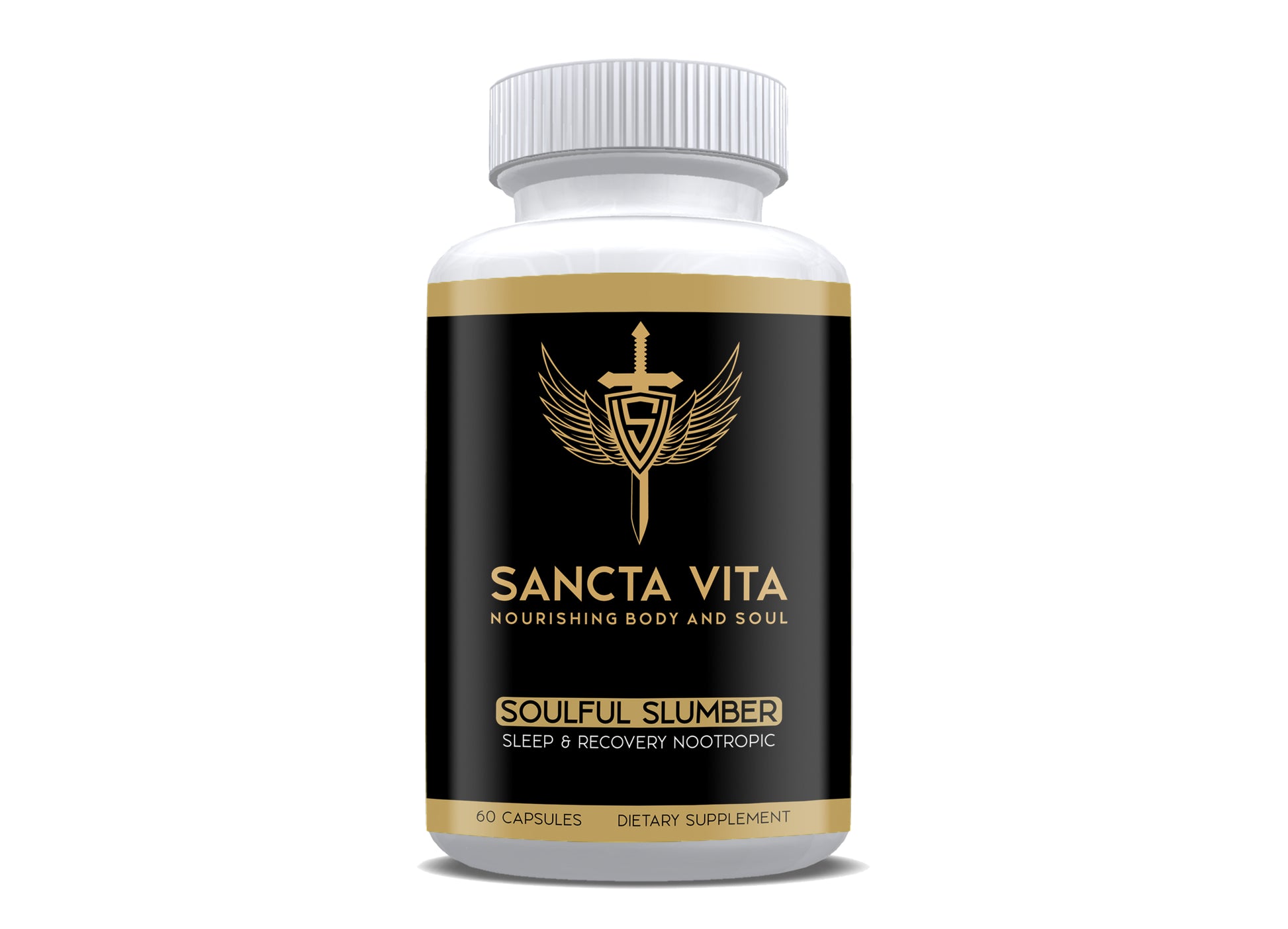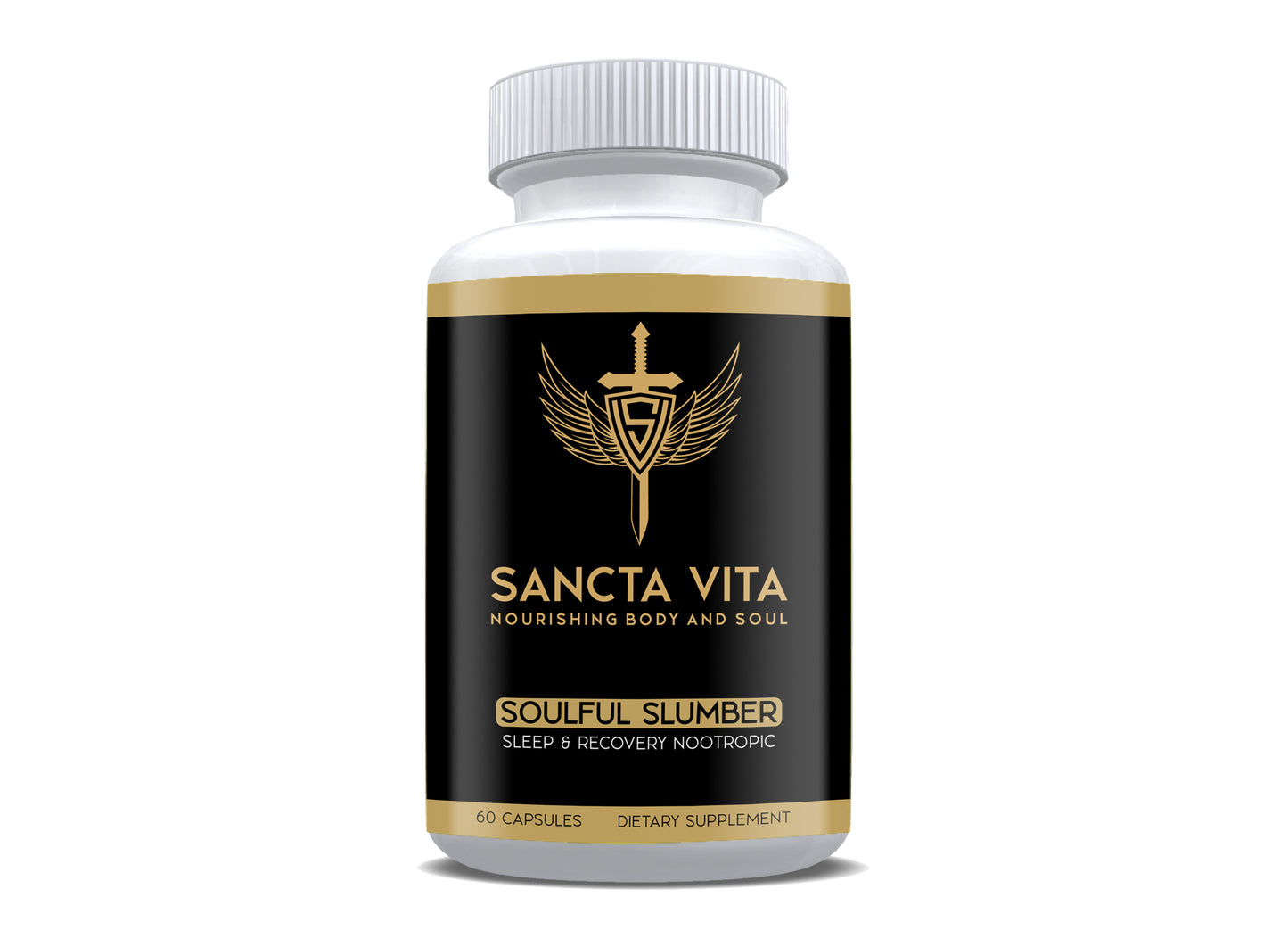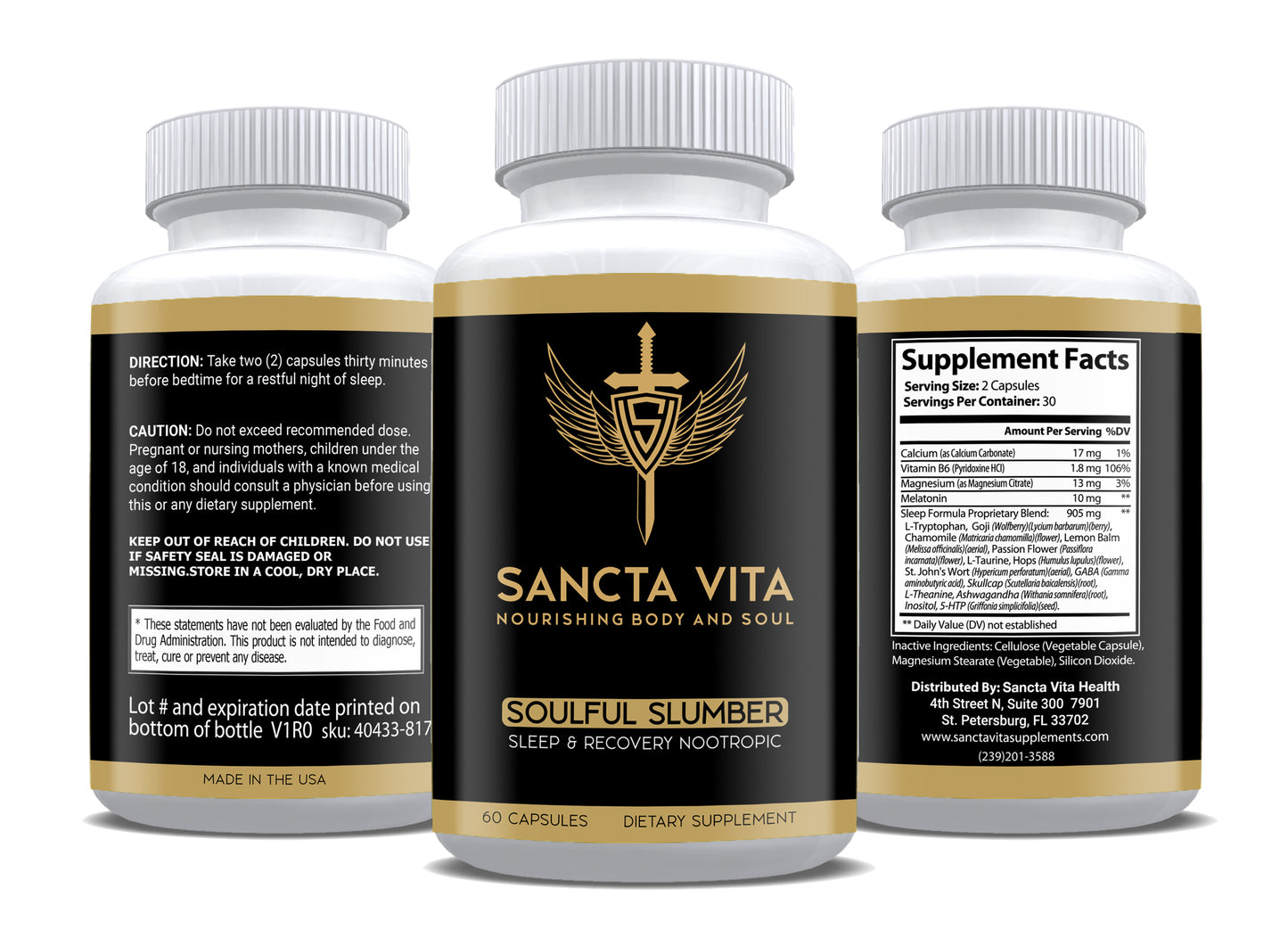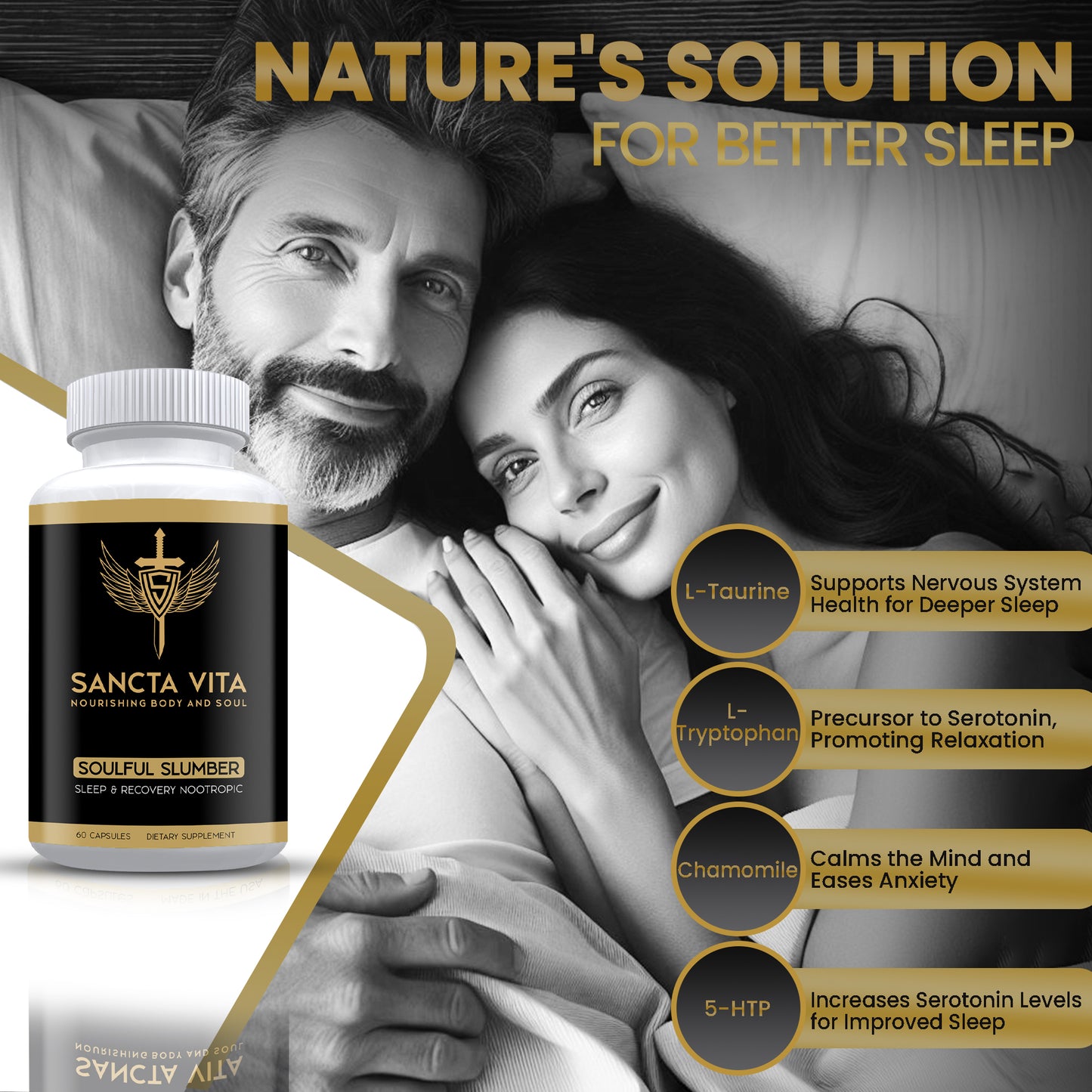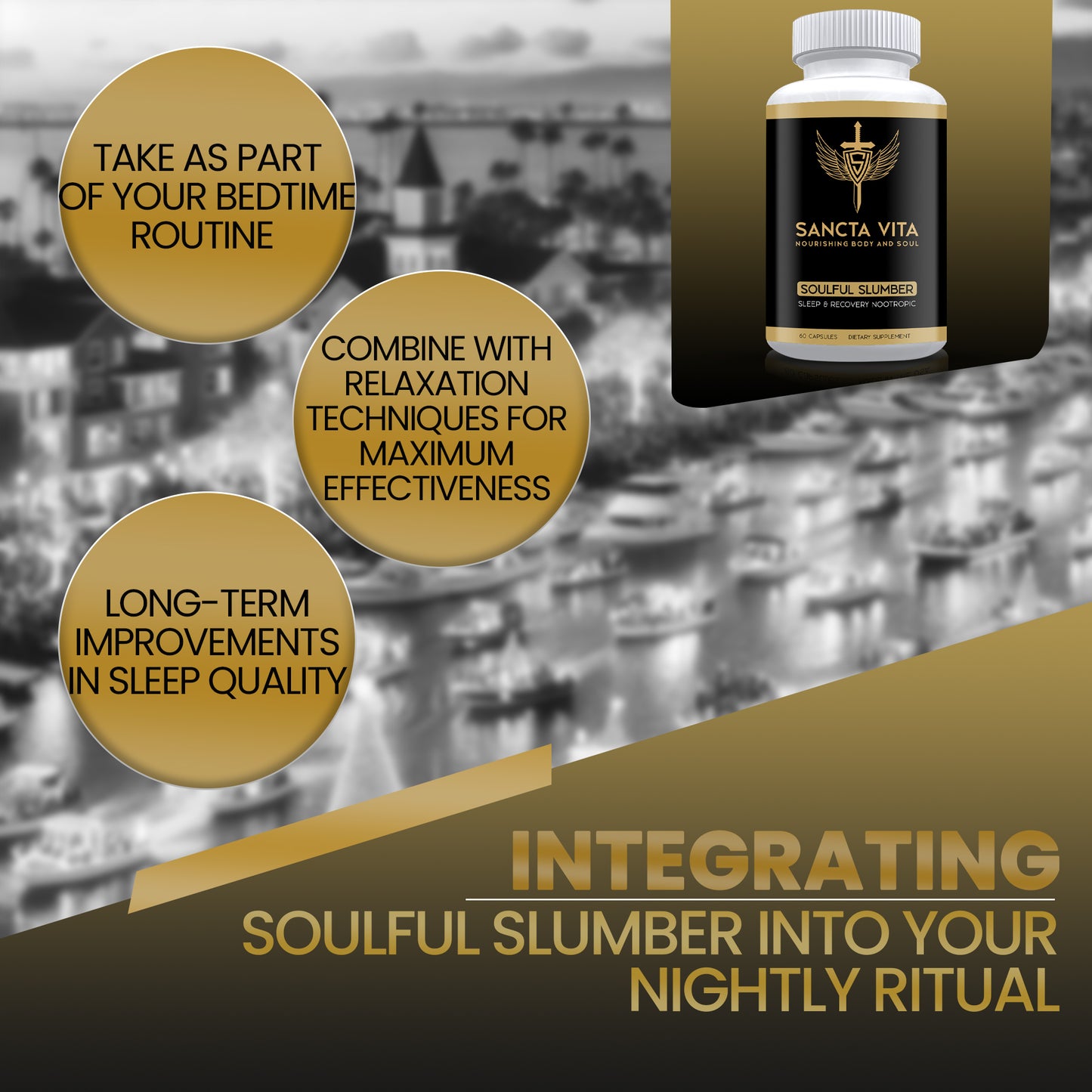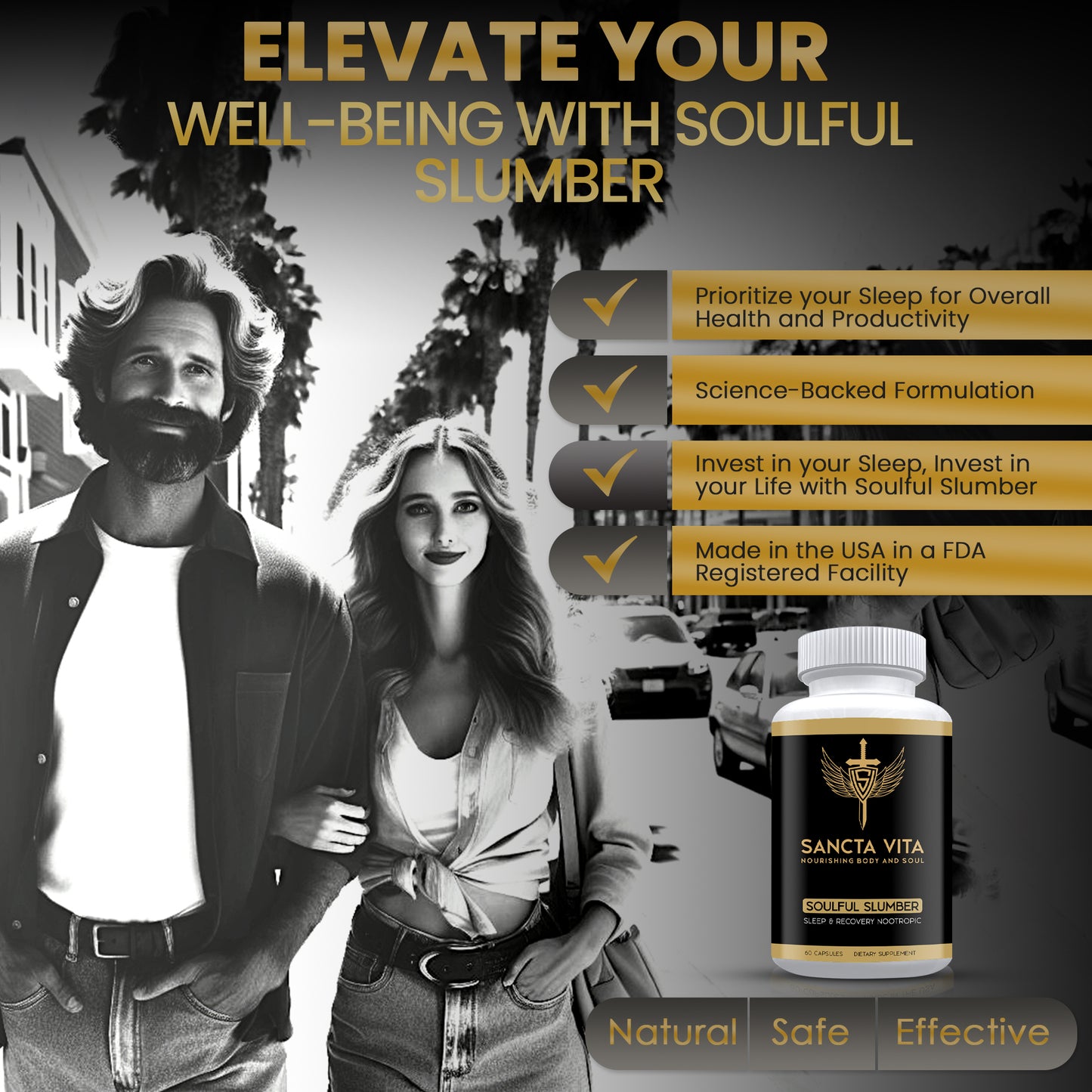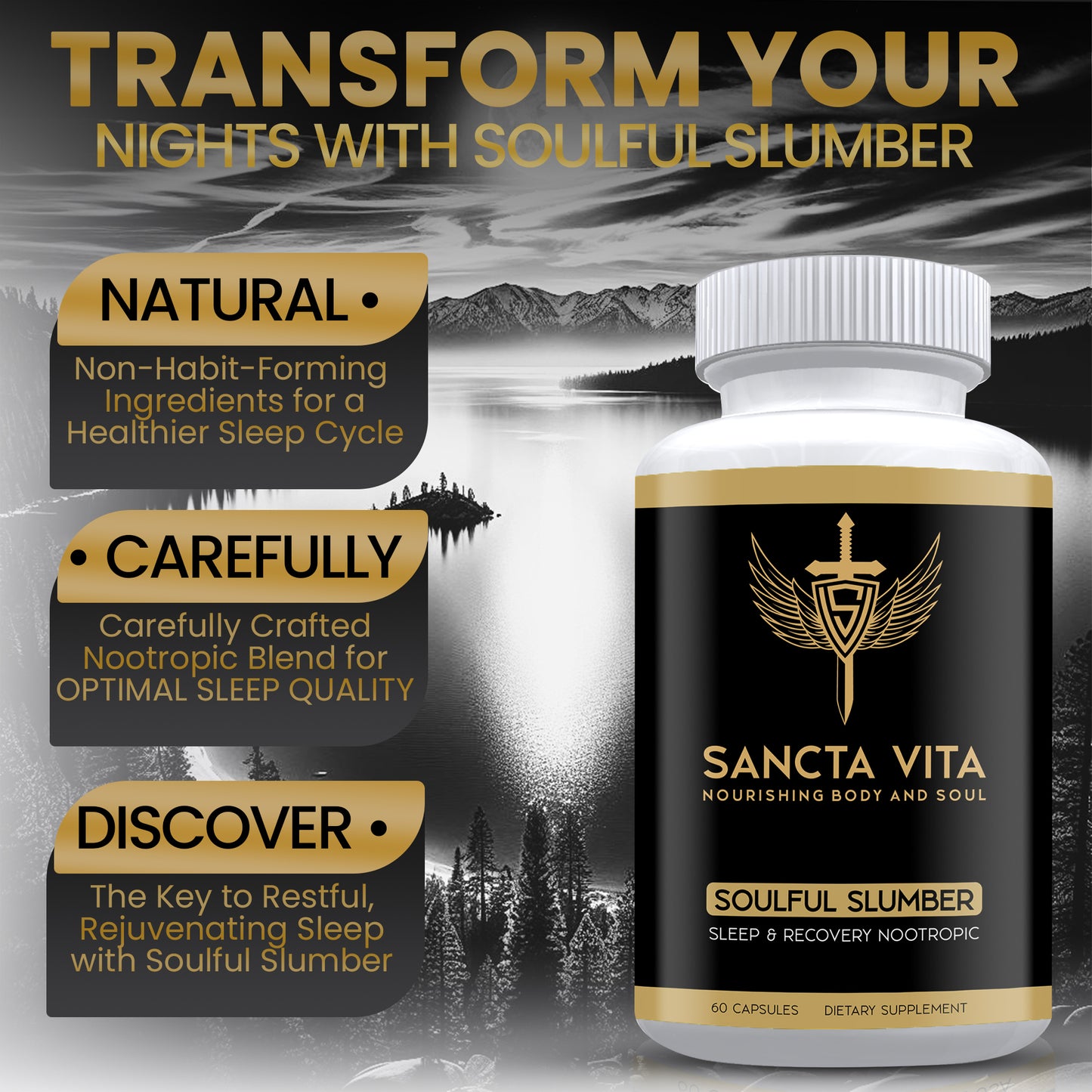
Best Sleep Medicine: Top Options for Restful Nights
Share
The quest for the best sleep medicine is crucial in a world where sleep disorders affect 14.5% of adults, according to CDC statistics. From prescription medications to natural remedies, the landscape of sleep aids offers diverse options for those seeking restful nights and improved overall health.
Key Takeaways:
- Prescription sleep aids offer fast relief but come with potential side effects and dependency risks
- Over-the-counter options like melatonin supplements provide milder effects with fewer risks
- Natural solutions such as magnesium and valerian root show promising results for sleep improvement
- Cognitive Behavioral Therapy for Insomnia (CBT-I) stands out as a highly effective, long-term solution
- Choosing the right sleep aid depends on individual needs, health status, and consultation with healthcare providers
Understanding Sleep Disorders and Their Impact
Sleep disorders have become a widespread issue, affecting a significant portion of the adult population. The consequences of poor sleep extend far beyond just feeling tired; they can have serious implications for overall health and well-being. Inadequate sleep increases the risk of heart disease, obesity, dementia, depression, and chronic fatigue.
On the flip side, getting enough quality sleep offers numerous benefits. It boosts immune function, enhances mental clarity, and promotes physical recovery. Adults typically need 7-9 hours of sleep per night, yet over 35% of Americans fall short of this recommendation, according to CDC data.
The impact of sleep disorders on public health has led to increased interest in finding the best sleep medicine and solutions. From prescription medications to natural remedies, the options are diverse and cater to different needs and preferences.

Prescription Sleep Medications: Benefits and Risks
Prescription sleep medications are often the go-to solution for those struggling with severe sleep issues. These medicines offer fast-acting relief and can be particularly helpful for short-term sleep problems. However, they also come with potential risks and side effects that need careful consideration.
Common prescription options include:
- Benzodiazepines: Such as temazepam (Restoril) and triazolam (Halcion), with doses ranging from 0.125 to 30 mg and half-lives of 1.5 to 100 hours
- Non-Benzodiazepines (Z-drugs): Including Zolpidem (Ambien) and Eszopiclone (Lunesta), with doses of 1 to 10 mg and half-lives of 2-6 hours
- Orexin Receptor Antagonists: Such as Suvorexant (Belsomra) and Lemborexant (Dayvigo)
- Melatonin Receptor Agonists: Like Ramelteon (Rozerem)
While these medications can provide quick relief, they're not without drawbacks. Side effects may include drowsiness, dizziness, nausea, dry mouth, brain fog, and slower reaction times. There's also a risk of dependency with long-term use.
It's worth noting that about 4% of U.S. adults rely on prescription sleep aids, according to CDC data. The cost of these medications can vary widely, with Zolpidem (Ambien) ranging from $8 to $488 and Eszopiclone (Lunesta) from $25 to $437.
Over-the-Counter and Natural Sleep Solutions
For those seeking alternatives to prescription medications, over-the-counter (OTC) and natural sleep solutions offer a range of options. These can be particularly useful for milder sleep issues or as part of a holistic approach to improving sleep quality.
OTC options include:
- Antihistamines: Such as diphenhydramine (Benadryl) and doxylamine (Unisom)
- Melatonin supplements: Which have seen a 150% increase in sales between 2016 and 2020
Natural supplements have also gained popularity as sleep aids:
- Melatonin: Doses of 0.1 mg to 5 mg can improve sleep latency by 7.1 minutes and total sleep time by 8.3 minutes
- Magnesium: 500 mg has been shown to improve sleep quality by 50% after 8 weeks
- Valerian Root: Doses of 300-600 mg can improve subjective sleep scores by 14%-24%
- Lavender: Inhalation can improve mild insomnia quality by 22%
Behavioral interventions, such as Cognitive Behavioral Therapy for Insomnia (CBT-I) and improved sleep hygiene practices, are also effective non-medicinal approaches to addressing sleep issues. These methods focus on changing habits and thought patterns that may be interfering with quality sleep.
Choosing the Right Sleep Solution
Selecting the best sleep medicine or solution depends on individual needs, the severity of sleep issues, and personal health considerations. It's crucial to weigh the pros and cons of each option:
| Criteria | Prescription (e.g., Ambien) | OTC Sleep Aid (e.g., Melatonin) | Behavioral Interventions (e.g., CBT-I) |
|---|---|---|---|
| Effectiveness | Fast but temporary | Moderate | Long-lasting |
| Side Effects | Risk of dependency, grogginess | Mild | None |
| Cost | High | Low | Low |
Special considerations should be made for older adults, who may be more sensitive to the side effects of certain sleep medications. It's also important to follow safety tips when using prescription sleep aids, such as avoiding alcohol and not exceeding recommended doses.
Ultimately, consulting with healthcare providers is crucial in determining the most suitable sleep solution. They can offer personalized advice based on your medical history, current health status, and specific sleep challenges.
Frequently Asked Questions
Q1: What is the best prescription sleep medicine?
A1: Medications like Zolpidem (Ambien) and Suvorexant (Belsomra) are often prescribed. Your doctor will determine the best option based on your individual needs.
Q2: Are there any long-term risks of taking sleep medicines?
A2: Yes, long-term use can lead to tolerance, dependence, and potential cognitive side effects.
Q3: Can I use melatonin every night?
A3: Experts recommend limiting melatonin use to short-term occasions such as jet lag. Regular supplementation can disrupt natural melatonin production.
Q4: What's the safest over-the-counter sleep aid?
A4: Melatonin and valerian root are generally safe for occasional use. Speak with a healthcare provider to ensure suitability.
Q5: How can I improve sleep without medication?
A5: Focus on behavioral therapy (CBT-I), proper sleep hygiene, and natural relaxation techniques like meditation or aromatherapy with lavender.
References
- American Academy of Family Physicians. Insomnia: Pharmacologic Therapy. Am Fam Physician. 2017;96(1):29-35.
- ResMed. Natural sleep aids: Do they really work? ResMed Sleep Blog. 2023.
- Sleep Foundation. Side Effects of Sleep Medication. Sleep Foundation. 2023.
- Healthline. 10 of the Best Natural Sleep Aids in 2024. Healthline. 2024.
Sources:

